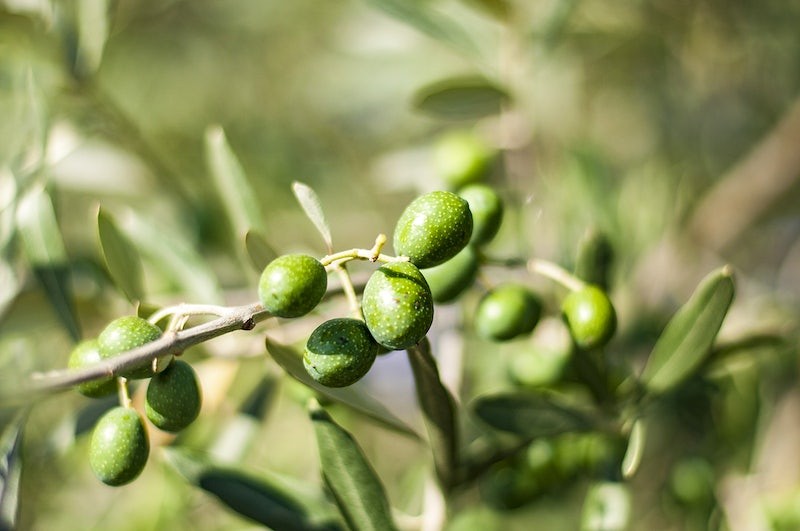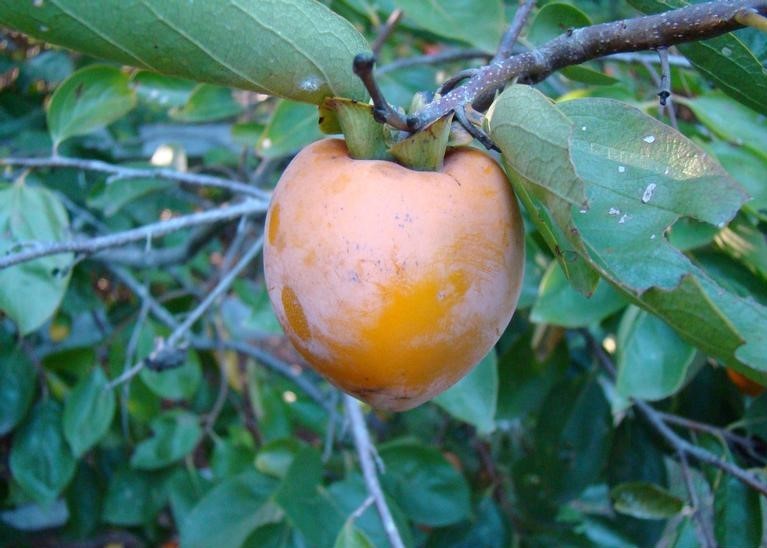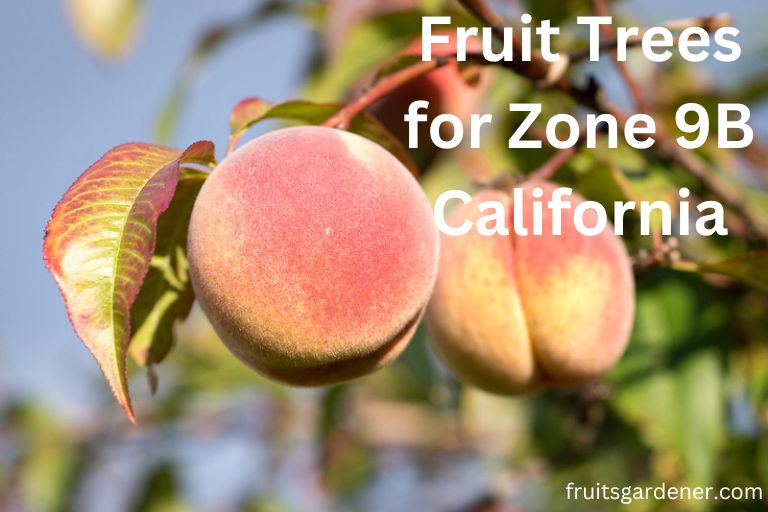This content is for informational purposes only and does not constitute financial, legal, or professional advice. Always consult a certified professional before making financial or investment decisions. As an affiliate, we may earn a commission from qualifying purchases made through links in this post at no extra cost to you.
There are a variety of fruit trees that can be grown in zone 8. Some of the evergreen fruit trees zone 8 include apples, apricots, cherries, figs, grapes, nectarines, peaches, pears, plums, and quince. While most fruit trees require full sun to produce the best fruit crop possible, there are a few that will tolerate partial shade.
With careful selection, you can find an evergreen fruit tree to provide year-round interest in your landscape. If you’re lucky enough to live in a climate where you can grow fruit trees, you know that there are endless possibilities for what kinds of fruits you can grow.
But if you’re in a warmer climate, like Zone 8, your options for fruit trees are even more bountiful! Some of the best fruit trees for Zone 8 gardens include citrus trees like oranges and grapefruits, as well as stone fruits like apricots, nectarines, and peaches.
If you’re looking for something a little different, try growing figs or pomegranates – both of which will do well in the heat. No matter what kinds of fruit trees you choose to grow, make sure to give them plenty of space to spread their roots and branches. With proper care and attention, your evergreen fruit trees will provide you with fresh produce for years to come!
Which Fruit-Bearing Trees are Evergreens?
There are many fruit-bearing trees that are evergreens, including citrus trees, olive trees, and avocado trees. Each of these types of trees has its own unique set of benefits and drawbacks.
Citrus Trees:

Citrus trees are evergreen trees that bear fruits with high acid content. The most common type of citrus tree is the orange tree. Other popular citrus fruits include lemons, limes, and grapefruits. Citrus fruits are a good source of Vitamin C, and they can also be used to make juice or zest for baking and cooking purposes. One downside to growing citrus trees is that they require a lot of water and can be susceptible to pests and diseases.
Olive Trees:

Olive trees are another type of evergreen tree that produces fruit. Olives are a popular ingredient in many Mediterranean dishes, and they can also be used to make olive oil. Olive trees can live for hundreds of years if they are properly cared for, making them a great option for those looking for a long-term investment. However, olives do require a lot of attention during the harvesting process, as each olive must be picked by hand.
Avocado Trees:

Avocado trees produce large fruits that contain a single seed inside. The flesh of an avocado is greenish-yellow in color and has a creamy texture. Avocados are often used in salads or as spreads on toast or sandwiches. They can also be eaten on their own as a snack or added to smoothies or other recipes.
What Fruit Grows Best in Zone 8B?
If you’re lucky enough to live in zone 8b, you have a wide variety of fruit-bearing plants to choose from. With a long growing season and relatively warm temperatures, most fruits will do well in this climate. However, some varieties are better suited to the warmer temps and longer days of summer than others.
Here are a few of the best fruits to grow in zone 8b:
Peaches – Peaches are one of the quintessential summer fruits, and they thrive in warm climates like zone 8b. If you want to enjoy fresh peaches from your own backyard, make sure to plant a tree that is specifically bred for zones 7-9.
Watermelon – What’s more refreshing on a hot summer day than a slice of watermelon? This juicy fruit does best in warm weather, so it’s perfect for growing in zone 8b. Look for seedless varieties if you don’t want to deal with all the seeds.
Cantaloupe – Another delicious and refreshing summer fruit, cantaloupes also love the heat. They need about 90 days from planting to harvest, so make sure you start them early enough in the season. Again, look for varieties that are specifically bred for zones 7-9.
Grapes – Grapes are another fruit that does well in warm climates like zone 8b. If you’re looking to add some color (and flavor) to your yard or garden, consider planting a grapevine or two. Just be sure to choose varieties that are suitable for your climate Zone 7-9 is ideal.
Do Evergreen Trees Produce Fruit?
It is a common misconception that evergreen trees do not produce fruit. In fact, many species of evergreen trees bear fruit, including pineapples, oranges, lemons, and limes. While most evergreen trees are native to tropical or subtropical regions, some species, such as the European yew (Taxus baccata), are found in temperate climates.
Fruit production varies among evergreen tree species. For example, pineapple plants (Ananas comosus) produce a single large fruit per season that can weigh up to 10 pounds (4.5 kg). On the other hand, citrus trees (Citrus spp.) yield several fruits throughout the year.
The type of fruit produced by an evergreen tree also depends on the species. Pineapples and oranges are both fleshy fruits with edible seeds; however, pineapples have a hard exterior skin that must be peeled off before eating, while oranges have a thin skin that can be eaten along with the juicy flesh inside. Yews (Taxus spp) produce small red berries that are poisonous to humans but enjoyed by birds.
So if you’re looking for an evergreen tree to add some color – and flavor – to your landscape, there are many options from which to choose.
Dwarf Fruit Trees Zone 8
Dwarf fruit trees are a great option for those looking to add some fruit to their landscape without taking up too much space. Dwarf trees are also easier to care for and maintain than their full-sized counterparts. Here in zone 8, we have a wide variety of dwarf fruit trees that will thrive in our climate.
One of the most popular dwarf fruit trees is the citrus tree. Citrus trees are beautiful, provide delicious fruits, and make excellent ornamental plants. While they do require more care than other types of dwarf fruit trees, they are well worth the effort.
Lemons, oranges, and grapefruits are all good choices for our area. Another type of dwarf tree that does well here in zone 8 is the stone fruit tree. These include peach, plum, and nectarine trees.
Stone fruits are lovely additions to any garden and produce sweet and juicy fruits that can be enjoyed fresh or used in recipes. If you’re looking for something a little different, you might consider a fig tree. Fig trees produce an abundance of sweet fruits that can be eaten fresh or dried.
They also make excellent preserves and jams. Figs do best when they’re grown in full sun and protected from cold winters. No matter what type of dwarf fruit tree you choose, be sure to give it plenty of water and fertilizer during the growing season.
With proper care, your dwarf fruit tree will produce an abundance of delicious fruits for many years to come.
Self-Pollinating Fruit Trees Zone 8
One of the best things about living in Zone 8 is that we have a wide variety of fruit trees that will thrive here. Self-pollinating fruit trees are a great option for small gardens or yards because they don’t require another tree to be close by in order to produce fruit. One of our favorite self-pollinating fruit trees for Zone 8 is the apricot tree.
Apricots are a lovely summer fruit with a sweet flavor. They can be eaten fresh off the tree, or used in jams and pies. Another great option is the plum tree.
Plums are perfect for eating fresh, or can also be made into delicious preserves. If you’re looking for something a little different, the fig tree is also a great choice for self-pollination. Figs are unique fruits that have a slightly sweet flavor with hints of spice.
They’re lovely eaten fresh, but can also be used in baking or cooked into savory dishes. No matter what type of self-pollinating fruit tree you choose, you’re sure to enjoy an abundance of fresh fruits each year.

What Fruit Trees Grow in Zone 8B
Fruit trees are a great addition to any home garden, and there are many different kinds that can be grown in Zone 8B. Some of the most popular varieties include citrus trees, peach trees, and plum trees. Each type of tree has its own unique set of requirements for care and cultivation, so it’s important to do your research before planting.
Citrus trees are a good choice for those looking for an easy-to-care-for fruit tree. They can be planted in both full sun and partial shade, and only need to be watered once or twice a week. Citrus fruits include oranges, lemons, grapefruits, and limes.
Peach trees require a little more attention than citrus trees, but they are well worth the effort. They need to be planted in full sun and given deep watering about once a week. Peaches are ready to harvest when they come off the tree easily with a gentle tug.
Plum trees also need full sun and weekly deep watering. Plums are ripe when they have reached their full color and show no green around the stem attachment point.
Read The Book – The Holistic Orchard: Tree Fruits and Berries the Biological Way
[su_button url=”https://www.amazon.com/dp/1933392134?tag=saeid035-20″ target=”blank” style=”soft” background=”#0084a5″ color=”#FFFFFF” size=”8″ radius=”round”]Check Latest Price[/su_button]
Zone 8 Fruit Bushes
When it comes to fruit bushes, zone 8 is pretty much ideal. The climate is warm enough to allow a wide variety of fruits to thrive, but not so hot that delicate varieties will be damaged by the heat. Plus, there’s just enough rainfall to keep things nice and moist without flooding the area.
So what kinds of fruit bushes can you grow in zone 8? Just about anything, really! Here are a few of our favorites:
– Blueberries: These little berries are packed with flavor and antioxidants. They’ll do best in acidic soil, so if your soil is on the alkaline side you may need to add some sulfur or other amendments.
– Raspberries: Another delicious berry that does well in zone 8. Raspberries prefer full sun and well-drained soil. Be sure to plant them in an area where they won’t be crowded out by other plants; they don’t like competition
– Cranberries: A little more unusual, cranberries make a great addition to any fruit garden. Like blueberries, they prefer acidic soil; amend as necessary. They also require plenty of moisture, so make sure you water them regularly during dry periods. No matter what kinds of fruit bushes you choose to grow, remember that they’ll all need regular pruning to produce the best crop possible. So get out there and get growing.
Rare/Unique Fruit Varieties | Orchard Tour | Zone 8
What Fruit Trees Keep Their Leaves?
Fruit trees that keep their leaves are called evergreens. Some examples of evergreen fruit trees are citrus trees, olive trees, and avocado trees. These types of fruit trees are able to maintain their foliage year-round due to their strong photosynthetic activity and resistance to drought conditions.
Conclusion
Fruit trees are a great addition to any landscape, and Evergreen fruit trees are no exception. Zone 8 is home to many different types of fruit trees, including citrus, pomegranate, fig, and olive. Each type of tree has its own unique flavor and benefits, making them a valuable part of any garden or Orchard.
Citrus trees are known for their tart fruits that make excellent juice and marmalade. Pomegranate trees produce sweet-tart fruits that can be eaten fresh or used in jams and jellies. Fig trees bear sweet fruits that can be eaten fresh or dried, and used in baking.
Olive trees yield both delicious fruits and oil that can be used for cooking or flavoring.



